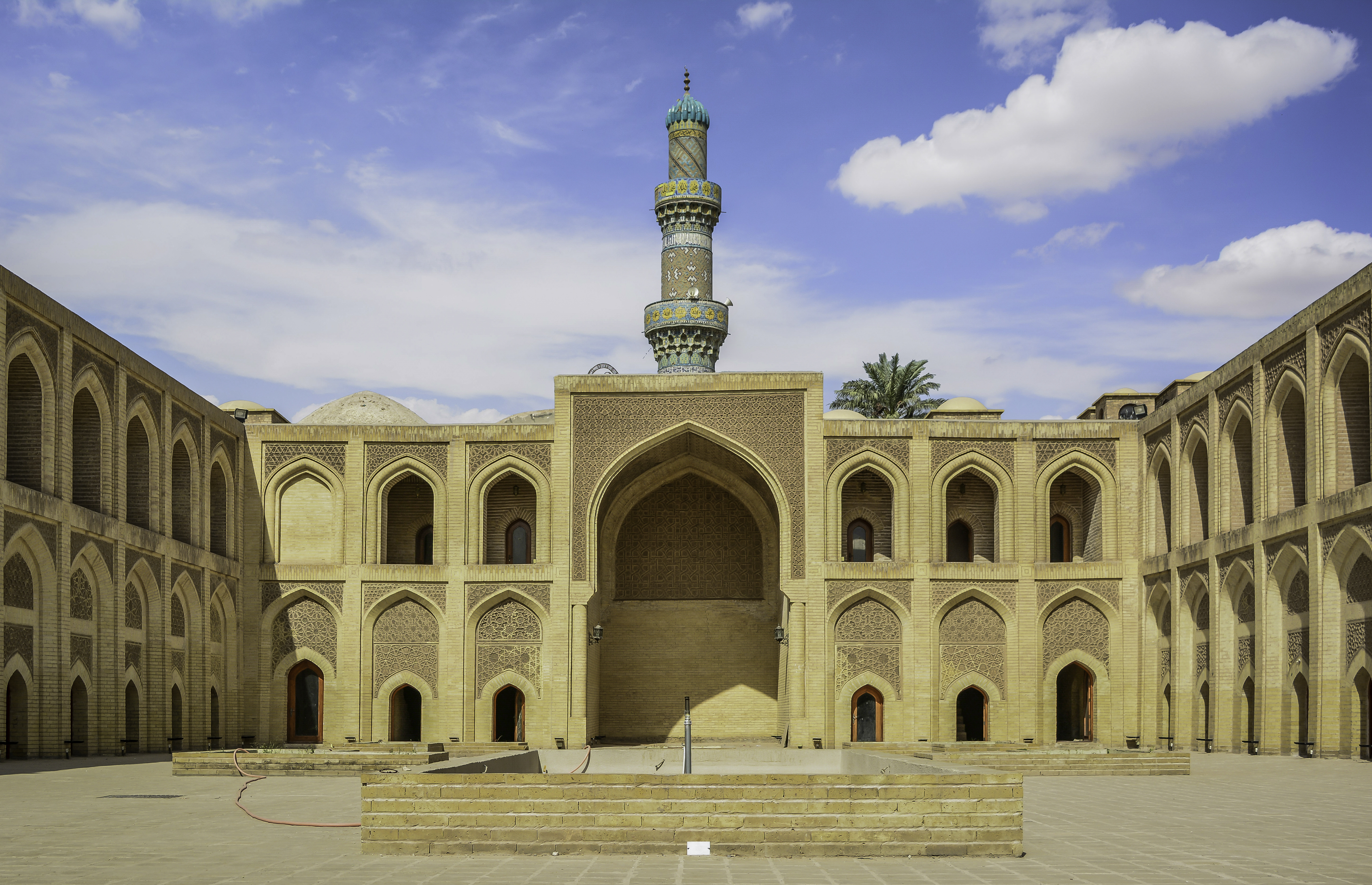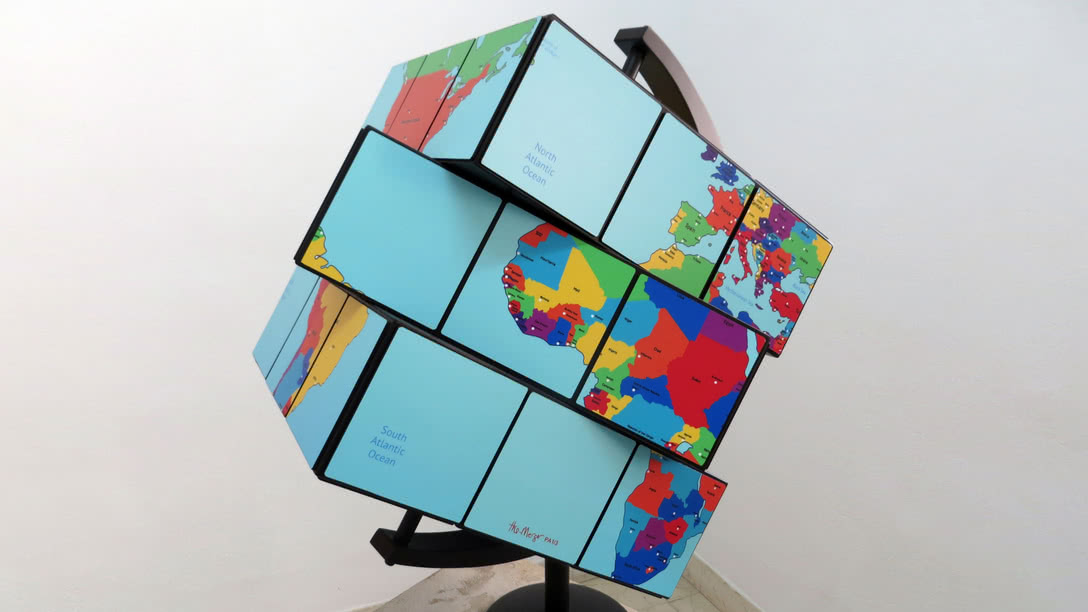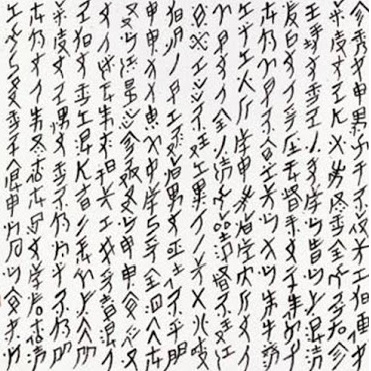From Baghdad to Berlin: How Cultural Exchange Shaped Europe and the Middle East
From Baghdad to Berlin: How Cultural Exchange Shaped Europe and the Middle East
In the Middle Ages, two translation movements – into Arabic and into Latin – brought great cultural exchange, changing the face of the Middle East and Europe forever.
Imagine a state in its golden age. Imagine the celebration of the peak of its cultural, economic and political flourishing, and the immersion in a vibrant present and a bright future. It will not be hard to picture the newly established capital of this state: a fast-growing intellectual and commercial hub, where immense and beautiful libraries open one after the other, to host the widest selection of books in the world.
The state in question is the Abbasid Caliphate, the city in question is Baghdad, and the time is the 8th and 9th century.
Some decades before the creation of Baghdad, the Caliphate had taken control of Byzantine-controlled Egypt and Syria. There, the Arab conquerors found the treasures of the Greek culture: manuscripts containing scientific knowledge, but also the ideas of some among the greatest philosophers in history, such as Aristotle, Plato, and Socrates. Under the political initiative of caliphs that put a high value on culture, these works began to be translated into Arabic. Baghdad became the center of a massive process of cultural integration, and an Arabic translation movement flourished. In the libraries of the city – especially the great Bayt al-Ḥikmah, or “House of Wisdom” – scholars spent their days not only translating the Greek heritage, but also commenting it and reflecting on how Greek and Islamic thought could integrate.
Weapons and books: the Arab conquest of southern Europe
Meanwhile, Middle-Age Latin Europe had mostly forgotten about Greek culture. Due to the resistance of the catholic Church and the decline of Greek speakers, the Greek heritage was still largely unknown.
The Arab invasion of Spain and Sicily brought a new perspective. During the Muslim rule, Arabs brought to Europe their knowledge about mathematics, astronomy and medicine, together with their translation and interpretation of Greek culture.
By the time Christians re-conquered them, Spain and Sicily had changed their face. In spite of the wars, they had become melting pots with immense cultural potential. In Sicily, administration now took place in Greek, Arabic and Latin, and many people were fluent in the three languages.
Multicultural Toledo in Spain gradually began to attract scholars from all over Europe, to explore the new knowledge brought by the last centuries of Arab domination. A Latin translation movement began to flourish, that translated into Latin both Greek and Arabic sources.
Partly as a result of the Arabs’ works on the Greek literature, a renovated interest for Greek culture had in fact developed in Europe. Muslim Ibn Rushd, known in Europe as Averroes, became the point of reference for those who wanted to study Aristotle. At the same time, Arabic books filled the European faculties of medicine, and new mathematical and astronomical principles spread around the continent.
This new knowledge would have a long-lasting impact on the intellectual principles governing Europe, as well as the health of its population and its technological power. The traces of these times of great changes are still hidden in our languages: many words in contemporary English, such as “algebra”, entered Latin from Arabic during this period.
______________________________
Join us or come take a look!
We are a group of people convinced that language skills should be more valued in the job market. For this reason we created Kolimi, a platform that connects multilingual professionals to the people and business needing them, in any field of work.
Join us to find new opportunities, or follow us on Facebook, Twitter, YouTube or LinkedIn to discover new things about languages!
______________________________
References
Transmission of the Greek Classics
The Arabic Translation Movement







